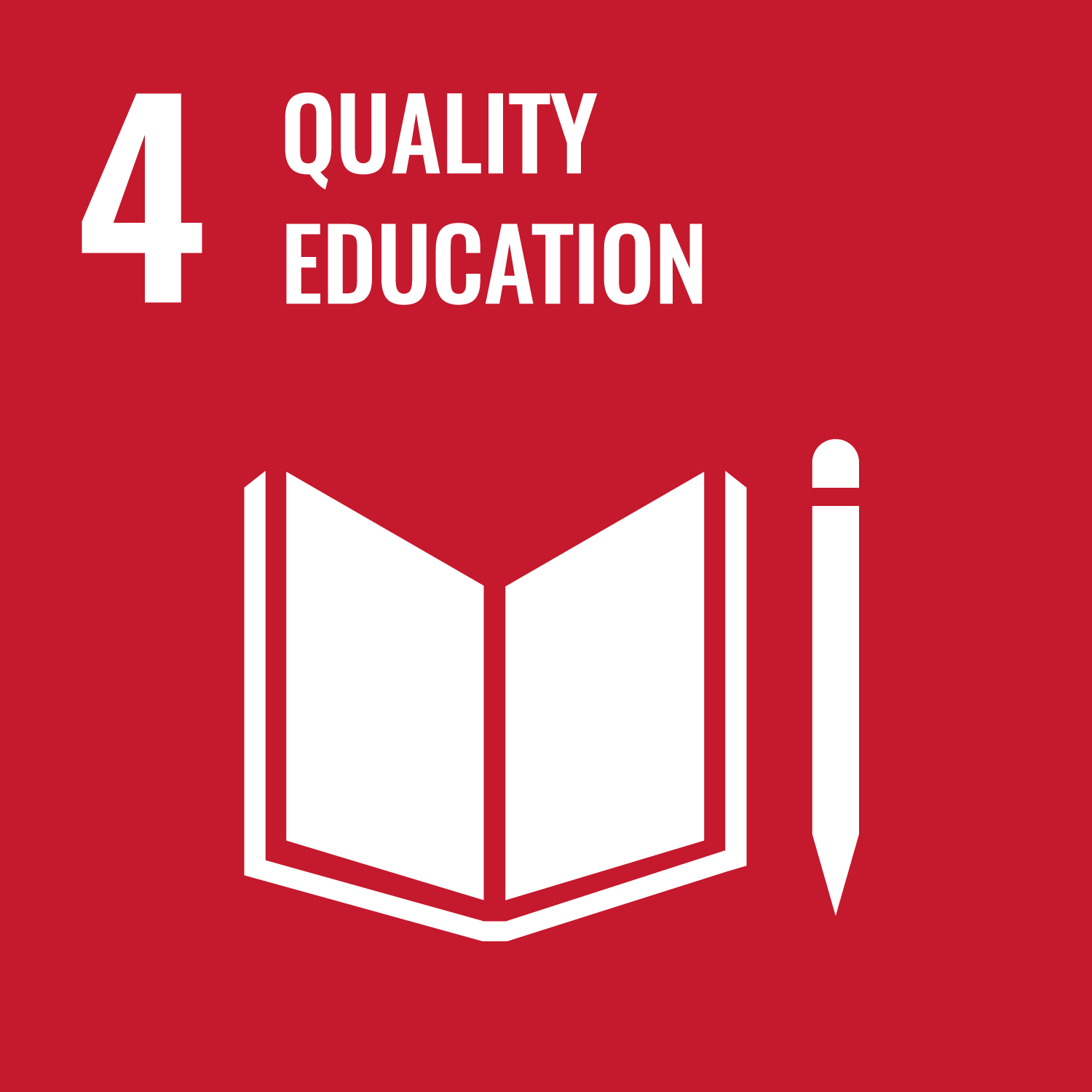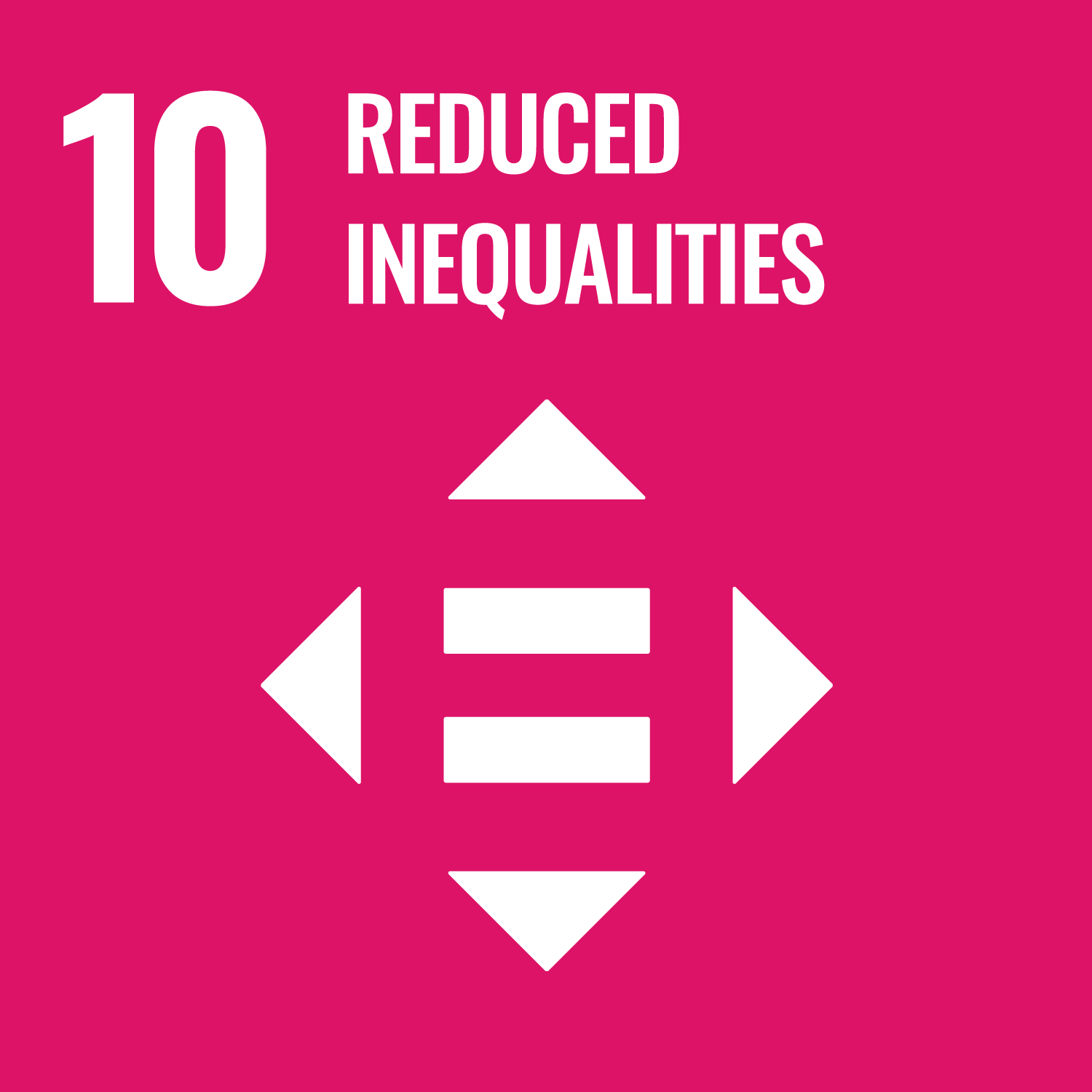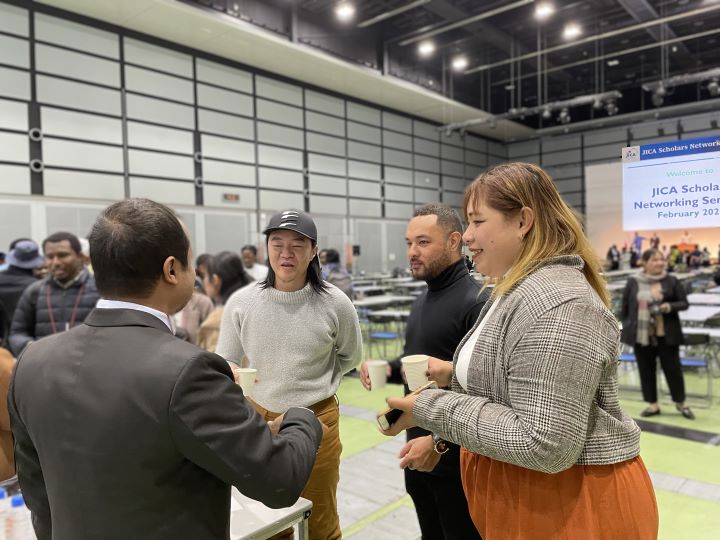Leading People with Trust -JICA’s Knowledge Co-Creation Program-



2024.07.03
-

- Takahashi Akitsu University Partnership Division Domestic Strategy and Partnership Department
A little over a year has passed since I joined JICA in April 2023 and started working in the international cooperation arena, which I had hoped to do for a long time. During the recruitment interview, I showed my strong willingness to do my best in whatever I could do, and the first department I was assigned to was the Domestic Strategy and Partnership Department. Frankly, I was not sure what I was going to do at first for international cooperation that operates "domestically". My current job scope is the "Knowledge Co-Creation Program (KCCP), Long-Term" and I would like to share what I found interesting about the "international cooperation in Japan", not in developing countries.
The Domestic Strategy and Partnership Department is mainly responsible for (1) Technical Training Program, (2) Citizen Participation, and (3) Migration and Development - Support for the Acceptance of Foreign HRs / Multicultural and Inclusive Community.
In this article, I am going to talk about the KCCP Long-Term, also known as Long-Term Training Course, in which the participants study at graduate courses of universities in Japan.

<At the Networking Seminar 2024>
Simply put, the KCCP Long-Term is a training program to accept government officials and others from developing countries as JICA Scholars, but it is not an ordinary scholarship program.
Many of those who come to Japan are involved in nation building as administrative officials at ministries and government organizations that serve as JICA's counterparts, while others are engaged in work related to national development from various angles at research institutes, private companies, and other organizations. The purpose of the program is to encourage mid-career professionals to further develop their expertise at universities in Japan and contribute to the development of their home countries by applying their knowledge after they return to their home countries.
As of May 2024, more than 1,300 long-term trainees, mainly from 100 countries in the "Global South," are enrolled in master's and doctoral programs at universities all over Japan, from Hokkaido in the north to Okinawa in the south.
A large percentage of JICA Scholars are studying in Japan’s strong research fields, such as disaster risk reduction, agriculture, irrigation, energy and engineering, while some others are majoring in social sciences.
One of the most exciting aspects of the KCCP Long-Term is that JICA Scholars live and work as members of Japanese society while pursuing research in their field of expertise at universities during the two to three years of the master's or doctoral program.
During the training period in Japan, JICA Scholars learn about Japanese culture, customs, and history, as well as Japan's path of development in order to play a significant role as leaders of the "Global South", strengthening a long-lasting bilateral relationship between their home countries and Japan in the future.

<KCCP Long-Term Participants having a discussion>
The concept of the connection between Japan and the Global South reminds me of the story of Mr. Diallo, a trainee from Guinea, Africa. Originally from a small town in Guinea, Mr. Diallo first met JICA when he was a junior high school student at the completion ceremony of the JICA project related to the rural water supply facilities. The project greatly improved the local population's access to safe drinking water, which inspired Mr. Diallo to someday pursue research in the field of water supply in Japan.
Two years ago, his dream came true, and he was selected as a participant of one of the KCCP Long―Term courses and is currently enrolled in a master's program majoring water and environment at a university in Japan. When we asked him about his future plans, he told us that he would like to establish a project to support water supply in collaboration with Japanese companies and Guinean government agencies. This is one of the most impressive examples of the role that JICA Scholars have played in creating mutual effect between Japan and developing countries.
Other examples include a KCCP participant who studied for a master's degree in the field of governance and then led the implementation of general elections in his home country of Nepal as the Deputy Secretary of the Election Commission, thereby contributing to the promotion of federalization and democratization.
Japan is the very first country and still is one of the very few countries that has modernized from a non-Western background to establish a free, democratic, prosperous, and peace-loving nation based on the rule of law, without losing much of its tradition and identity. In its light, Japan's experience of reconstruction and development is studied as a model case since the Japanese experience can provide hints for developing countries to tackle their issues.
JICA Development Studies Program / JICA Chair | What We Do - JICA
In this way, KCCP Long-Term is an effective and warm form of international cooperation that can convey Japan's technology, knowledge and experience through people.

<Mr. Diallo at an event hosted by a local junior high school>
On the other hand, those who come to Japan as KCCP participants not only learn from Japan, but also have an impact on Japanese society.
It is sometimes said that education at university laboratories in Japan comes with a unique system. In many universities, each laboratory is headed by a professor, with associate professors, assistant professors, post-doctoral researchers, and master's and doctoral students all belonging to the laboratory and conducting research as a team. Under this system, JICA’s KCCP participants are also a member of the laboratory and receive intensive research guidance from their supervisors and senior students during their time at the university.
Although it sometimes takes time to get used to the Japanese way of conducting research, I have heard comments from supervisors that the participants were able to incorporate new perspectives into laboratory discussions by sharing the social issues that their home countries actually face with the Japanese students.
This positive stimulus is not limited to the universities but extends to the communities where the participants live. When JICA Tsukuba Center hosted a rice harvesting event in which local citizens could attend, I witnessed a scene where local children sang and danced to "African Song" with the participants. Seeing this, I deeply felt that the participants were also contributing to the globalization of the local communities in Japan. I also imagined that the experience of interacting with the participants, for these children, might someday be the formative experience of international cooperation from their youth.

<Participants interacting with local children at JICA Tsukuba Center>
Before joining JICA, I had the impression that international cooperation was about teaching Japanese technology to developing countries. However, when I actually got involved in it, I realized that the effect is actually mutual. The participants who come to Japan through KCCP are truly the link between Japan and developing countries.
This blog focused on KCCP, but from a different perspective, international cooperation is happening here and there in Japan, and in many different ways. I hope, by thinking of international cooperation in this way, you will feel a little more familiar to it.
scroll